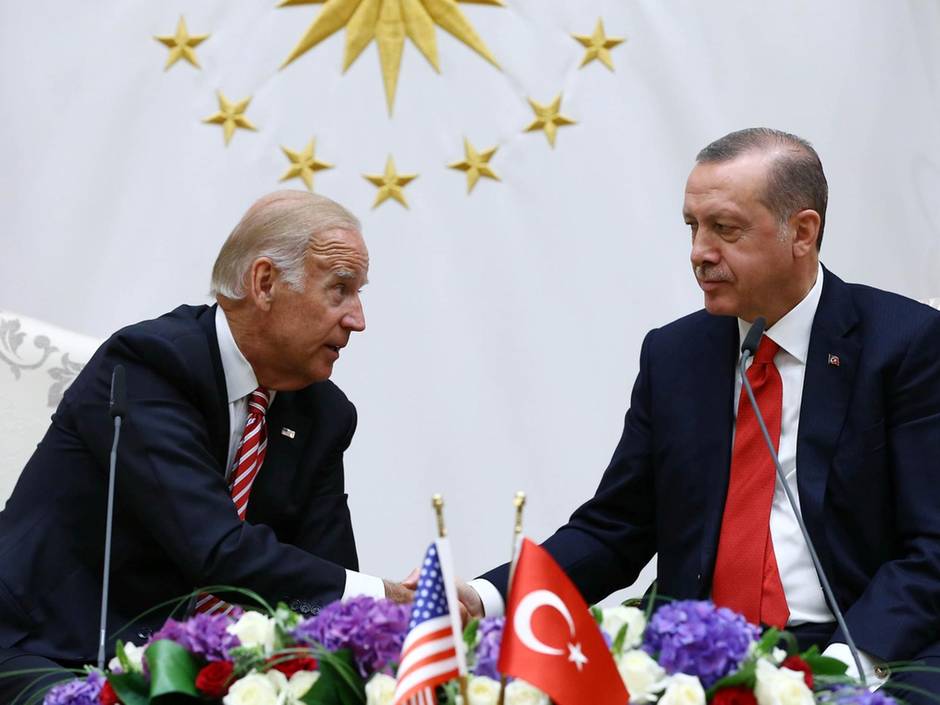Why We Need to Talk IoT Security Right Now
What you’ll learn:
- Why IoT security is critical across consumer and enterprise markets.
- How to ensure security within your fleet of devices.
MWRF: So, why do we need to be having the conversation about IoT security right now?
Drew: The Internet of Things is reaching human life at so many different touch points, from smartphones, to appliances, even to healthcare tools such as pacemakers. I suspect that the prevalence of recent hacking will only continue. IoT security will become more than a technology problem, and become a cultural one.
%{[ data-embed-type=”image” data-embed-id=”60f9d667323355d2078b4786″ data-embed-element=”span” data-embed-size=”640w” data-embed-alt=”Ian Drew, Chairman, Foundries.io” data-embed-src=”https://img.mwrf.com/files/base/ebm/mwrf/image/2021/07/Ian_Drew_Headshot_2021_web.60f9d666cff35.png?auto=format&fit=max&w=1440″ data-embed-caption=”Ian Drew, Chairman, Foundries.io” ]}%
Many people would not know unless they sat back and really thought about it, but they likely have somewhere in the vicinity of 10 to 20 connected devices with IP addresses in their homes alone. The same extends to the enterprise, except we are talking in the thousands.
According to Gartner, over 20 billion IoT devices were in use in 2020 alone, and a lack of security means there are far too many vulnerabilities for cybercriminals to pinpoint and exploit our data. Not to mention the recent movement from a legislative level in both the U.K. and U.S. All to say, I think the conversation is validated.
Who is securing these devices?
That is a problem in and of itself. Top line—security is hard. This is an incredibly challenging problem to solve, and right now, we are finding that not enough people are available to do the job or to understand the job from the ground up. There is a growing movement to secure platforms that help with the development, deployment, and maintenance of connected devices in a way that is more standardized—and promotes learning from shared experiences.
New proposed laws have also identified gaps in transparency and frequency when it comes to OTA [over the air] and software support for the lifecycle of connected devices, so this is an…




